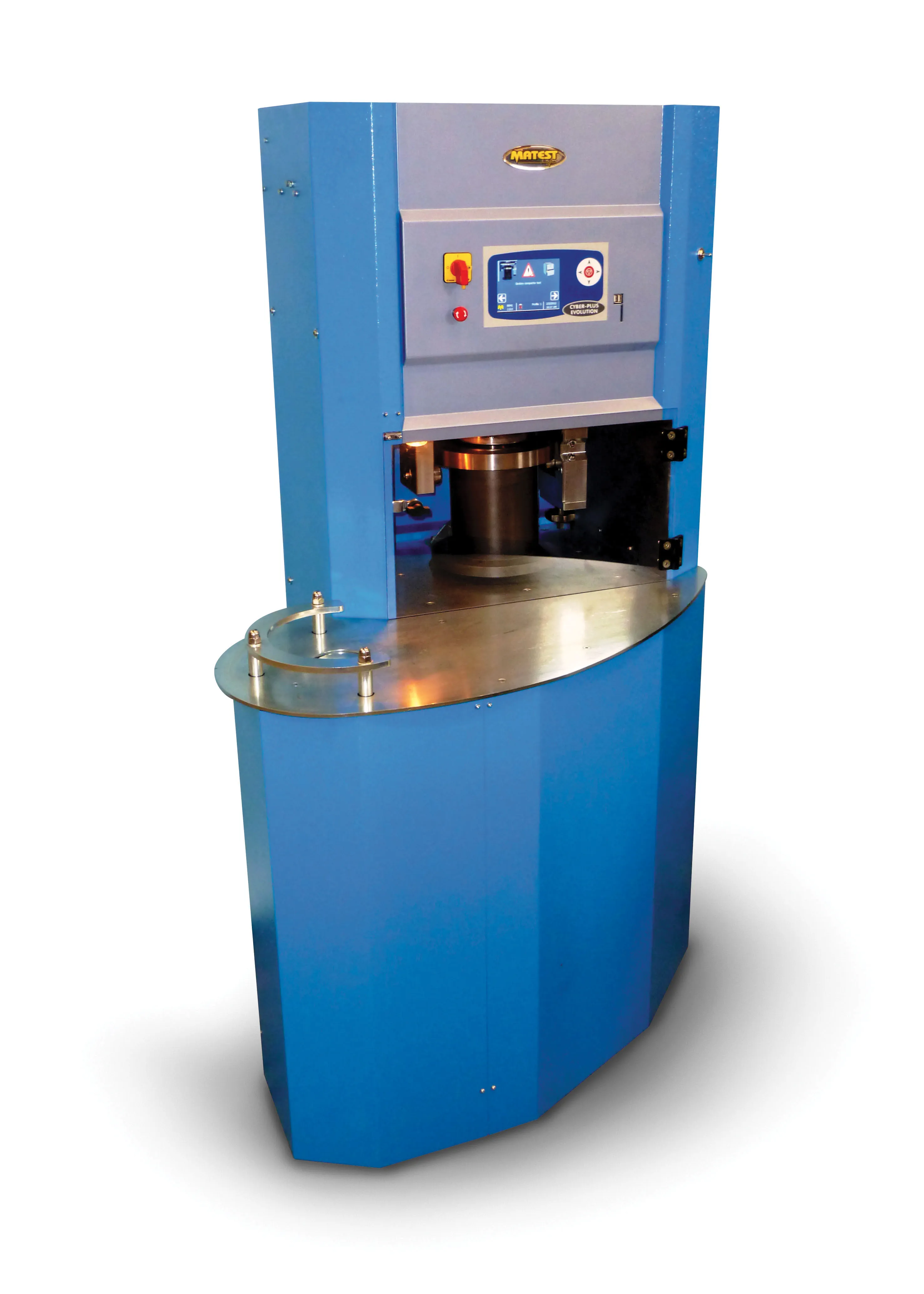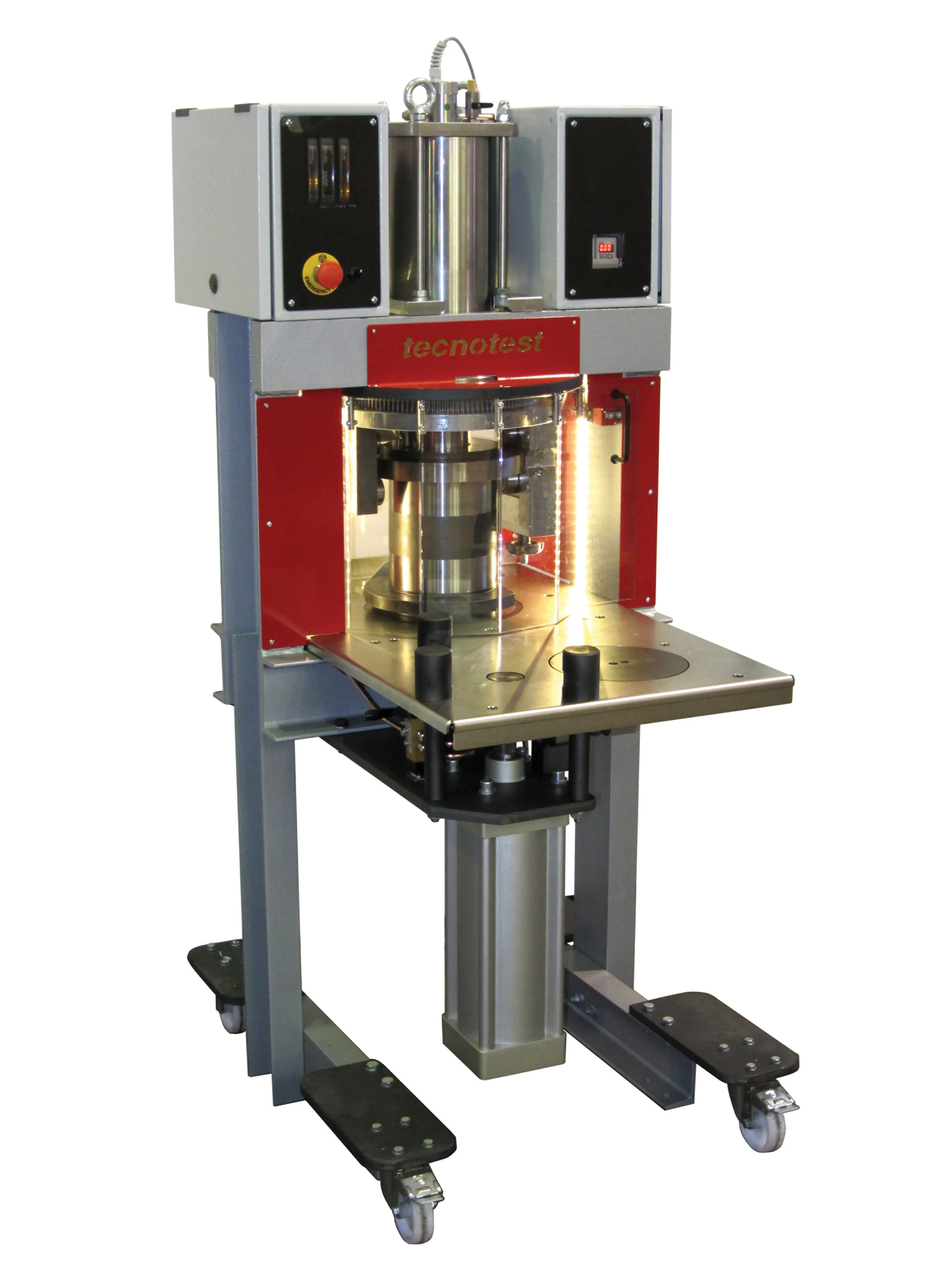Research is paramount in the development of better roads and safety. In a new series, Eurofile looks at the work and programmes of organisations dedicated to that end. In this issue: The German Federal Research Institute (BASt) The aims of BASt (an arm of the Federal Ministry of Transport) are to improve the cost-effectiveness of building and maintaining federal trunk roads, to increase the safety of road transport, to reduce the environmental impact produced by road traffic and construction and to improve
July 31, 2012
Read time: 4 mins

Research is paramount in the development of better roads and safety. In a new series, Eurofile looks at the work and programmes of organisations dedicated to that end. In this issue: The German Federal Research Institute (
BASt cooperates with other research institutes and agencies from Germany and abroad, in particular with those of European countries. International exchanges are becoming increasingly important.
The scientists at BASt are involved in more than 20 international organisations, including
BASt began in 1951 with R&D into road construction. In 1965 it was commissioned to expand its remit and work on increasing traffic safety and the efficiency of the roads. In 1970 the German Bundestag passed a resolution designating BASt as the central agency for accident research.
Currently road research is concentrated on low noise surfaces, through the building of 16 test sections of low noise road surfaces with optimised textures on the German highway A24 near Berlin in the framework of the national programme Leiser Strassenverkehr (silent road traffic). They are also looking at warm mix asphalt (paving asphalts with lower temperature) and improving the durability of roads in the framework of private public partnership projects.
How innovative pavement designs behave under traffic loads is being simulated at BASt's test laboratories. The behaviour of the entire pavement can thus be studied at lower cost by means of accelerated load tests.
Every year, BASt supervises over 300 research projects with a financial implication of €9 million, an increasing portion coming out of the
"About 10% of our annual budget is research work or certification work for third parties, such as testing road marking materials, guard rails, as well as crash testing of passenger cars for EURONCAP."
BASt's annual budget is approximately €30 million and it now has over 400 employees, 75% of these are scientists. Its impressive 20ha premises near Cologne have ten test halls for experimental work, with large-scale test facilities, some of which are unique. The complex receives several hundred visitors from Germany and abroad every year, while its staff work on more than 40 different disciplines.
An interior drum test facility enables friction testing of tyres on a (wet) roadway under different atmospheric conditions and durability testing of tyres and road surfaces. Another interior drum test facility is the tyre pavement interaction test bench with an interior diameter of 5.5m. Noise measurements of a rolling tyre on different road surfaces and e.g. passing bridge expansion joints can be carried out as well as measurements of rolling resistance of tyres. The maximum velocity is 280km/h.
A 112m long lighting engineering hall, which can be completely darkened, allows night-time traffic situations to be simulated. Many lighting tests are carried out under full-scale conditions.
Acoustic experiments for traffic noise protection are carried out in the acoustic modelling hall and include the use of models of traffic structures and the residential structures surrounding them. With a scale of 1:20, areas of 200m x 200m can be acoustically simulated on a 10m x 10m model surface.
A real road has been installed at a scale of 1:1 in the hall for dynamic investigations. The load-bearing behaviour of different road constructions on different base materials is investigated here using time-lapse techniques and a simulated traffic load. In only four weeks, it is possible to simulate the load on a truck trafficked road over a period of 25 years.
Several smaller laboratories for asphalt and concrete performance testing and for conducting chemistry experiments are located in the main building. BASt is also developing a prototype of a technical/economic cost minimisation module for maintenance management.









